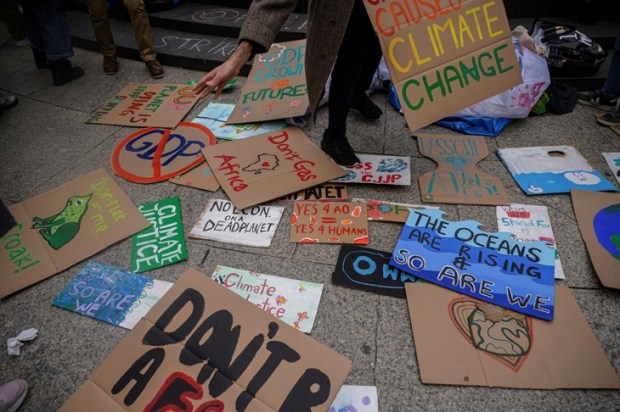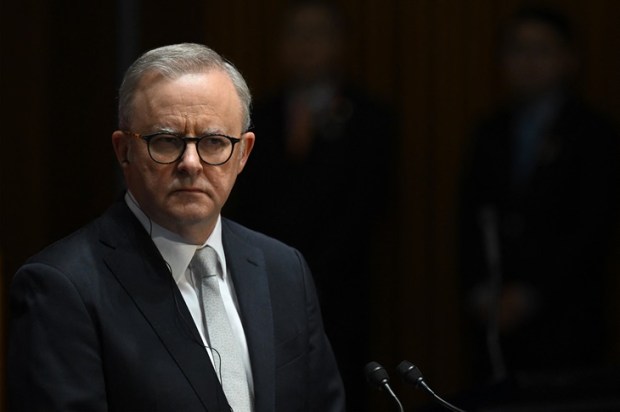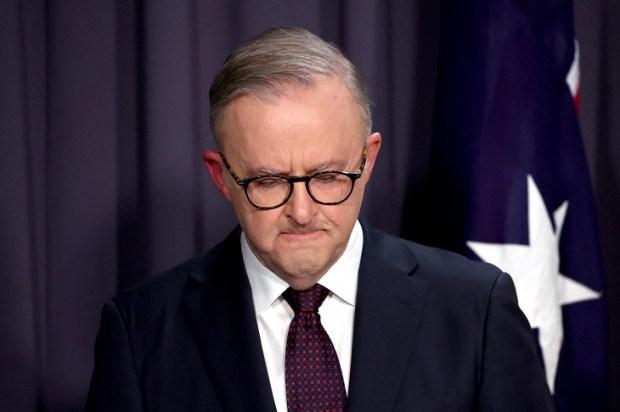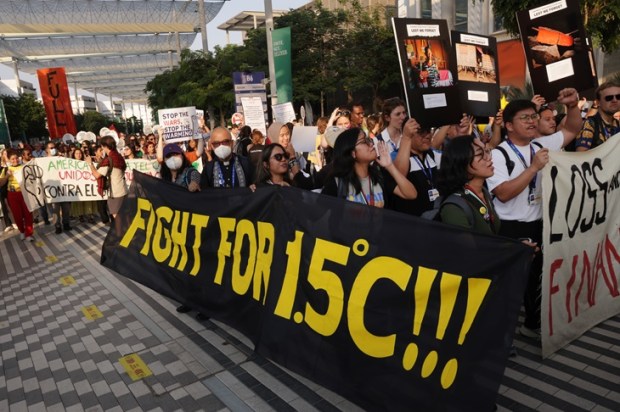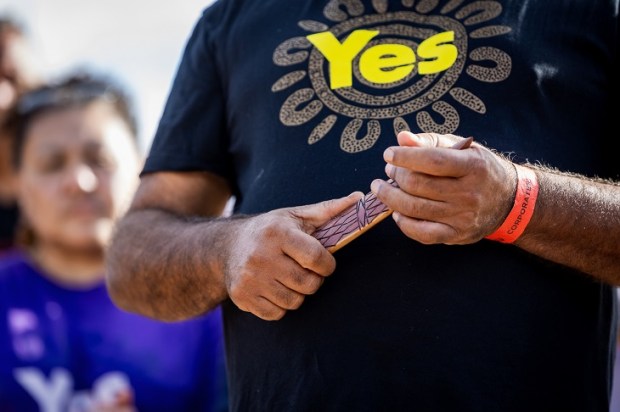The NDIS is a public policy albatross, initiated with the worthiest of intentions, that has been allowed to mutate into a massive boondoggle, one right up there with Australia becoming a ‘renewable energy superpower’. The NDIS cost us something in the region of $42 billion in the current Financial Year and is expected to blow out even further.
But there is another boondoggle, not quite as expensive as the NDIS, but just as egregious in the extent to which it has been corrupted by rent-seekers and bureaucrats.
Unlike the NDIS, this one has been flying under the radar. I am referring to the Child Care industry. This one only cost us $12.7 billion this Financial Year, but that is a not inconsiderable drain on our public purse. And like the NDIS, its cost is blowing out year by year. In 2019/20 it reportedly cost $8.6 billion. That is a jump of 50 per cent in just three years.
But not to worry. In his 2023/24 Budget, Treasurer Jim Chalmers has allocated expenditure of $98.6 million over the next four years to strengthen compliance measures. This is expected to achieve ‘savings’ of $411 million over that period. On current trends this will be savings against an expenditure of at least $54 billion, assuming no further growth – a heroic assumption. That roughly equates to as much as one-quarter of what we spend defending this country.
Here is how it works. The government provides a subsidy to parents whose kids are in child-care centres – what are often called Early Education Centres. The subsidy is paid to the service provider, not the parents. It is based on the hourly rate charged by the centre, which is capped at, for the purposes of this discussion, $13. Families with annual combined income of up to $80,000 get 90 per cent. Those on incomes between $80,000 and $530,000 are on a sliding scale that reduces by 1 per cent for every additional $5,000 of income. You might wonder why a family on $500,000, but young enough to have pre-school age kids, would need this subsidy, however minuscule. They are not exactly on struggle street.
Chalmers would have been assisted in his deliberations on this matter by Early Childhood Minister, Dr Anne Aly, who also doubles as Minister for Youth. Your guess is as good as mine as to why we should need a minister for either of these. God knows what Youth means. And as far as ‘early childhood education’ is concerned, this seems something of an overkill. We have just one minister to cover K-12 as well as tertiary education.
The problem with this industry is that it represents schizophrenic public policy. On one hand, it is intended to help with the costs of preschool childminding – a worthy objective. But, in its Mr Hyde character, it promotes the dubious concept of ‘early childhood learning’ or, as I prefer to think of it, ‘early childhood indoctrination’.
Let me address the child-minding aspect first. This used to be a sustainable cottage industry. When my kids were growing up there was a very nice lady who lived in our town. Her name was Ruth. Her husband, Bob, was an accountant but he could not work because he suffered from Parkinson’s. Ruth and Bob got by looking after children in their home and backyard. They looked after the kids well, and the kids enjoyed themselves. They didn’t charge much, but they had a good customer base and it allowed them to maintain a reasonable lifestyle. Sadly, Ruth would not be able to operate today.
Now to Mr Hyde. ‘Early childhood learning’ is touted as essential for later development. From the Department of Education website:
Early childhood education and care instils social, physical, emotional, personal, creative, and cognitive learning in children. It’s delivered by qualified educators through a formalised learning framework.
Quality early education and care early leads to better health, education and employment outcomes later in life. Quality education and care lays the foundation for lifelong development and learning. Additionally, children who attend preschool are generally better prepared to start primary school.
There appears to be various curricula available to these centres but one example, from the Australian Children’s Education and Care Quality Authority, is a child-centred curriculum which:
…offers children the opportunity to make choices about what, how and whom they want to play. This approach enables children to initiate and direct their own play with the support of interested and responsive adults.
Sounds rather like what Ruth and Bob used to do.
This prompts a number of questions.
If early education is so important to future development, then why should not stay-at-home mums be required to send their kids to preschool? Are they neglecting their kids by failing to do so?
If early education is so effective, then why are academic standards falling in K-12?
How many working mums would rate early learning higher above safe and supportive child-minding?
How many of these working mums in, say, Canberra are now working from home most, or even all, of the time? Absent the ‘early learning’ aspect, how hard would it be for them to keep an eye on the kids, spending, say, 15 minutes every hour with them?
Many parents who have kids at school, and who want a better education for their kids than the government system provides, bite the bullet and pay extra to send their kids to private schools. Why should the same consideration not apply to preschool kids?
Don’t get me wrong. I accept that many women must work and there must be child-minding support available to them, and it should not be prohibitively expensive.
Mothers work for one (or possibly a combination) of three reasons:
Self-fulfillment.
To get ahead of the game financially.
To make ends meet.
The first two are lifestyle choices – the ‘I can have it all’ mentality. A career and a family. Well good luck to you, but if the price of your lifestyle comes out of my pocket, then we have a problem.
Factor in the credentialism and academic empire-building that has re-classified child-minders as ‘early educators’ and boosted pay rates accordingly. Now we have the problem that these over-educated babysitters are being underpaid. And they are leaving for better paid jobs as baristas, leading to a struggle to fill nearly 5,000 vacancies, according to the industry. Hence, a $30 million government pay boost in this year’s budget. Much easier than mounting a case in the Fair Work Commission.
There are two ways to approach this problem. Continue to bestow government largesse in ever-larger sums, which will only entrench the inequity, or reduce child-care costs. The best way to do the latter would be to de-regulate the industry and break the nexus between care and early childhood learning. Let’s kick early learning into touch and let it sink or swim in the free market. And let’s re-regulate child-minding at the state level to mandate police checks and provision of a safe and clean environment, and leave compliance to local councils, if they can spare some time from their important planet-saving work, that is.
When the Coalition returns to government, hopefully next year, and commences the arduous task of reducing our massive debt, they will need to find savings in every nook and cranny. Here is one source of major savings staring them in the face.


